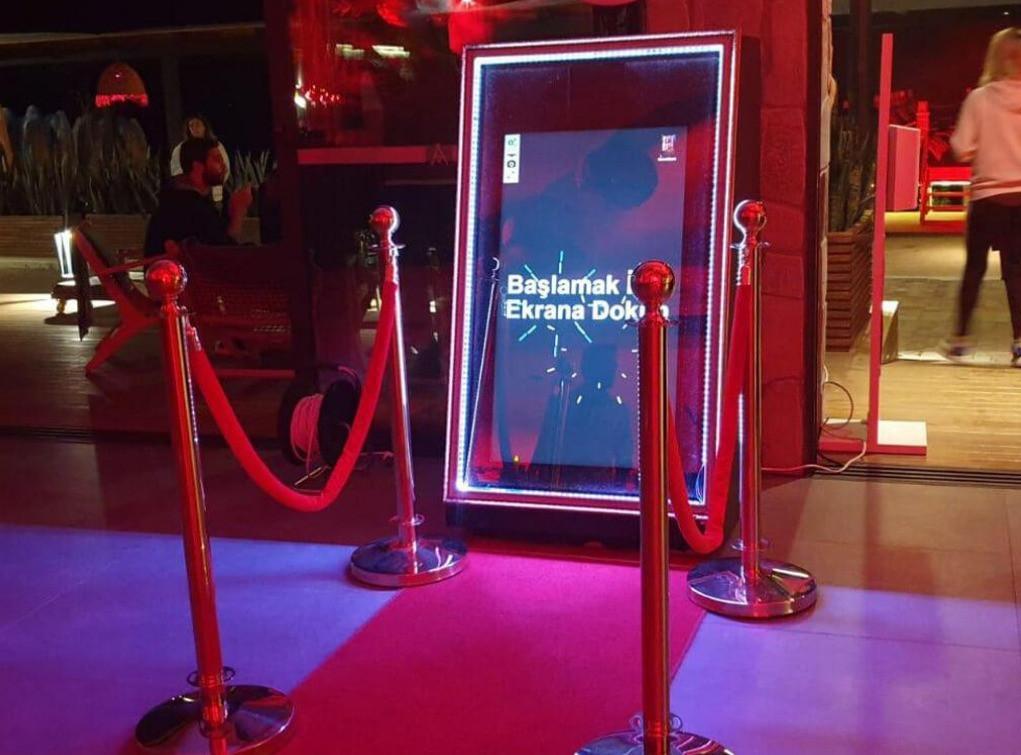
Professional photographers are grappling with a fresh challenge as biometric photo booths gain popularity, adding to their existing concerns about unregistered work in the industry, according to sector representatives.
The development comes as social media sees a surge in individuals positioning themselves as special day photographers, diverting demand in traditional studio shots towards headshots.
Dilek Camcı, head of the Istanbul Chamber of Professional Photographers and Craftsmen (İSFO), highlighted that these biometric photo booths, now prevalent at population directorates, district governor's offices and metro stations, impose a significant financial burden on photographers, costing them at least 15,000 Turkish Liras ($560) per month.
Camcı noted that collaborative efforts have removed such cabins in 28 districts in Istanbul, but challenges persist in 10 districts.
There are roughly 2,500 registered photographers with the İSFO and the Istanbul Chamber of Commerce (İTO), but an estimated 5,000 unregistered photographers operate in the city, she argued, while pointing out that this unregistered sector is causing the state to lose at least 70-80 million liras in revenue.
Camcı stressed the importance of verifying the tax and registration status of photographers, cautioning against potential scams. She also expressed concern that the rate of unregistered work in private filming studios stands at around 70 percent, advocating for increased inspections.
Nurettin Özdemir, chair of the Photography Professional Committee under İTO, lamented that inexperienced individuals are entering the profession by simply purchasing a camera and operating tax-free. This influx of freelancers has intensified competition and resulted in a decline in formal employment opportunities, he suggested.
To sustain the photography industry, Özdemir proposed the establishment of a "photo bank" system. Under this system, authorized photographers would provide citizens with a unique barcode number when taking their photo, which would then be directly transferred to the state. The goal is to curb unauthorized and unregistered photography while safeguarding personal data.